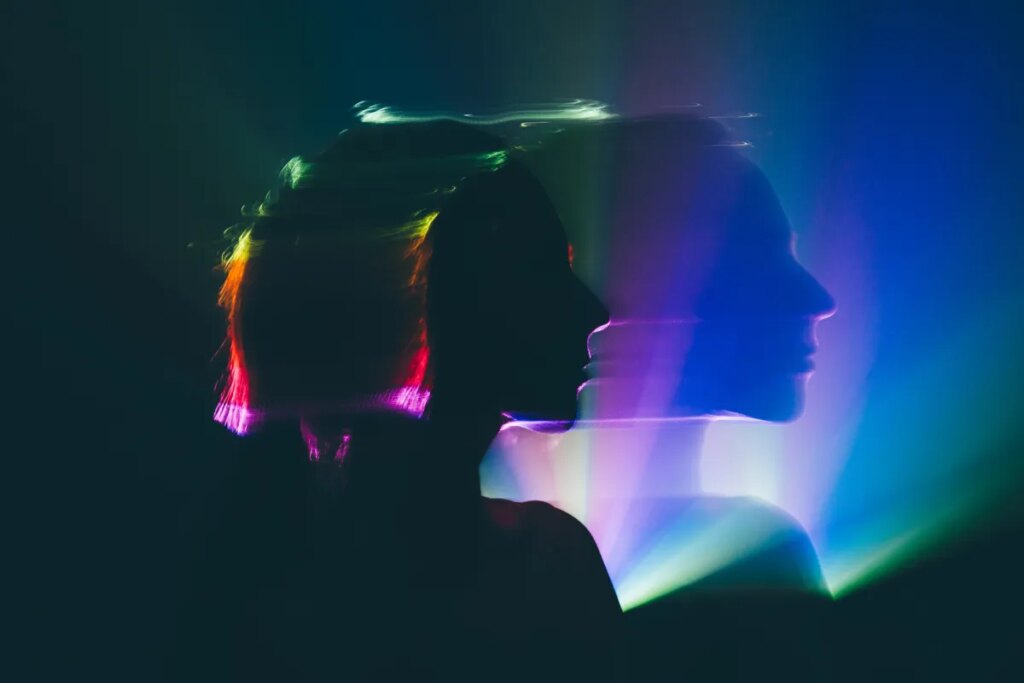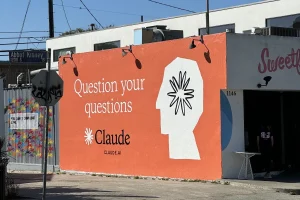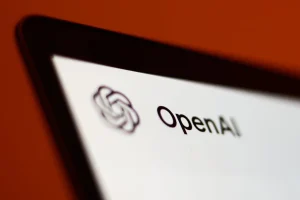You can’t slander the deceased, yet creating deepfakes of them is still questionable.

Image Credits:Curly_photo / Getty Images
Zelda Williams Speaks Out Against AI Deepfakes of Her Father
Zelda Williams, the daughter of the late comedian and actor Robin Williams, recently took to her Instagram story to express her feelings about the growing trend of AI-generated videos featuring deceased celebrities, specifically her father. Her poignant message calls for fans to reconsider their actions in light of the emotional toll these videos can take.
A Heartfelt Plea
In her Instagram post, Zelda stated unequivocally, “Please, just stop sending me AI videos of Dad. Stop believing I wanna see it or that I’ll understand. I don’t and I won’t.” Her heartfelt plea directs attention not only to her personal feelings but also highlights the broader implications of using AI to recreate the likenesses of departed individuals. She emphasized, “If you’ve got any decency, just stop doing this to him and to me, to everyone even, full stop. It’s dumb, it’s a waste of time and energy, and believe me, it’s NOT what he’d want.”
This emotional response isn’t surprising, especially considering it came just days after the release of OpenAI’s Sora 2 video model. This groundbreaking app gives users the power to generate hyper-realistic deepfakes—encompassing deceased individuals—which adds a complex layer to the ethical discourse around their digital legacies.
The Rise of Sora 2 and Deepfake Technology
The launch of Sora 2 has sparked conversations about the applications and implications of deepfake technology. While the app allows users to generate realistic videos of themselves and consenting friends, it opens up a Pandora’s box for deceased individuals. Historically, the right to one’s likeness has had legal ambiguities, especially concerning deceased public figures, leading some to view them as fair game for digital reenactment.
Sora has already witnessed a deluge of videos featuring historical icons and celebrities, such as Martin Luther King Jr., Franklin D. Roosevelt, and Robin Williams. While living individuals enjoy restrictions—such as requiring permission to use their likeness—the same limits do not apply to those who have passed away.
Ethical Considerations Surrounding AI Recreation
The capacity to generate deepfake videos of the deceased raises significant ethical questions. Is it acceptable to recreate the likeness of individuals who can no longer voice their consent? The Student Press Law Center points out that while it is often not illegal to libel the deceased, using their likenesses without approval violates their legacies.
For instance, users can generate videos of Robin Williams and other deceased celebrities while ethical considerations are ignored. It underscores a chilling realization: the deceased are subject to manipulation based on the leisure of the living, often without any regard for their ethical standing or family wishes.
The Legal Gray Area of Deepfake Technology
Legal ramifications surrounding deepfake videos continue to remain murky. OpenAI has yet to clarify its stance on generating videos of the deceased. While they have implemented some controls, like not generating videos of certain figures, many celebrities, including Robin Williams, remain vulnerable to such recreations. This discrepancy highlights the absence of a consistent policy governing how the likenesses of deceased individuals can be used—something that advocates for creators and families are increasingly vocal about.
Zelda’s concerns about inappropriate representations were echoed in her comment: “To watch the legacies of real people be condensed down to ‘this vaguely looks and sounds like them so that’s enough,’ just so other people can churn out horrible TikTok slop puppeteering them is maddening.”
Impact of Deepfake Technology on Society
The implications of advanced AI capabilities extend beyond mere entertainment. Critics of OpenAI contend that the company has adopted a casual attitude toward serious ethical dilemmas, especially regarding intellectual property laws. The deepfake community in Sora quickly became a playground for those seeking to exploit the likenesses of copyrighted characters and beloved public figures. This behavior exemplifies a larger trend whereby creators’ rights are compromised in favor of rapid technological advancement.
As AI technology progresses, it becomes crucial for stakeholders—including tech companies, legal systems, and the public—to engage in meaningful dialogues about the implications of these innovations. OpenAI’s initial stance suggested that studios and agencies would have to opt out if they wished to protect their intellectual property, but critics argue this approach encourages exploitation rather than due diligence.
The Future of Generative AI Models
Sora has emerged as one of the most powerful deepfake-capable AI models is available to the general public, raising alarm over its potential misuse. Other competing platforms lag behind but may not offer sufficient safeguards against harmful applications, such as the creation of pornographic deepfakes of real people.
As technology continues to evolve, we find ourselves at a crossroads. The ease with which we can replicate human likenesses, both living and dead, poses critical questions about our ethical and moral responsibilities. If society fails to develop strong ethical guidelines to govern the creation and distribution of such media, we risk treating real people—whether alive or deceased—as mere commodities for entertainment.
Conclusion
Zelda Williams’ message serves as a powerful reminder of the emotional impact tied to digital representations of loved ones. The technology to create deepfakes is not inherently malevolent, but its misuse can lead to significant emotional harm and ethical dilemmas. As we navigate this brave new world of AI, it’s vital to consider the human stories behind the technology and ensure that respect guides our interactions with the memories of those we have lost. Now more than ever, it’s critical for fans, creators, and technologists to reflect on our values and responsibilities regarding the legacies of real individuals.
Thanks for reading. Please let us know your thoughts and ideas in the comment section down below.
Source link
#libel #dead #doesnt #deepfake





